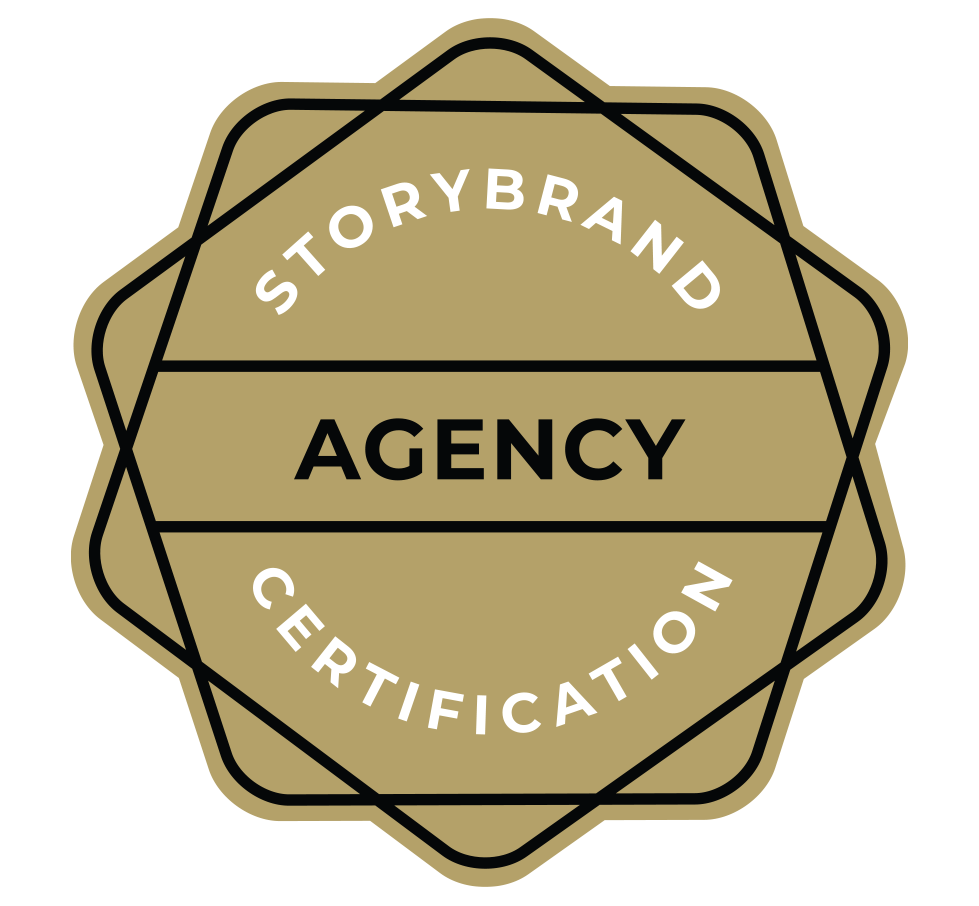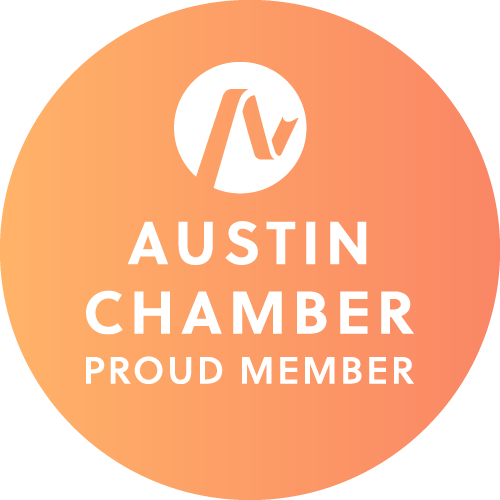
To keep up with the competitive digital marketing sphere, staying up to date with local search engine optimization (SEO) is essential for small businesses. Good Agency is your dedicated partner in this journey, specializing in connecting you with the right customers at the right time. To get you started, we’ve created a quick guide outlining actionable tactics to enhance your local SEO and expand your digital visibility dramatically. With Good Agency, it’s not just about being found; it’s about being found by the right people and ensuring your business thrives in its local market.
Understanding Local SEO
Local SEO involves optimizing your online presence to attract more business from relevant local searches. These searches take place on Google and other search engines that can lead potential customers to your doorstep. Essentially, local SEO strategies help ensure that your business appears in search results whenever someone nearby searches for a product or service you offer. For small businesses, appearing in local search results is key. According to Google, 76% of people who conduct a local search on their smartphone visit a business within a day, and 28% of those searches result in a purchase. This means optimizing for local search offers a tremendous opportunity to attract customers and grow your business.
Step 1: Optimize your Google Business Profile
Enhancing your local SEO starts with claiming and optimizing your Google Business Profile (GBP), a free tool that manages how your business appears on Google Search and Maps. This tool enables you to add essential details such as your business name, location, and operating hours, alongside features like monitoring and replying to customer reviews, adding photos, and analyzing search patterns. To optimize your GBP effectively, begin by verifying your business to ensure all information is accurate and confirmed. Fill out every section of the profile completely, using keywords that describe your business and appeal to local customers, as comprehensive listings are ranked higher by Google. Maintaining consistent NAP (Name, Address, Phone Number) details across your Google Business Profile, your website, and other local directories is crucial. This uniformity helps improve your search rankings by enabling search engines to verify and trust your business information, which enhances your visibility in search results.
Regularly update your business information to reflect accurate opening hours and new offerings and periodically check for any inaccuracies introduced by updates to Google’s platform. Furthermore, encourage your satisfied customers to leave positive reviews and respond to these reviews to show you value their feedback. This interaction helps build a positive online presence and influences your local SEO performance by demonstrating active engagement with your customers.
Step 2: Use Local Keywords
Focusing on local keywords is essential for your SEO efforts, as these are the terms potential customers use when searching for services in their area, often including specific locators like city or street names. For example, a term like “best coffee shop in downtown Denver” precisely targets local searchers. To effectively find local keywords, you can use several strategies. The Google Keyword Planner is a helpful tool that allows you to filter keyword searches by location to find popular search terms relevant to your area. Additionally, Ahrefs offers robust capabilities for keyword research, enabling you to analyze search volume, track your rankings, and see which terms your competitors are targeting locally. This insight is crucial for pinpointing the most effective local keywords to focus on.
Another strategy is to include landmarks in your keywords, which enhances local relevance—for instance, using phrases like “near Union Station” to attract more targeted traffic to a Denver coffee shop. By strategically using local keywords that your potential customers are searching for and leveraging tools like Google Keyword Planner and Ahrefs, you can significantly improve your site’s visibility in local search results and better connect with your local audience.
Step 3: Optimize Your Website for Local SEO
Optimizing your website for local SEO requires a multi-faceted approach that goes beyond simply inserting local keywords into your site’s content, such as meta tags, headers, and body text. In addition to maintaining consistent NAP details, as discussed earlier, comprehensive website optimization also includes implementing schema markup, ensuring mobile responsiveness, and incorporating a Frequently Asked Questions (FAQ) section. Each element plays a vital role in enhancing your site’s visibility and functionality, making it more accessible and informative for local searchers.
Website Optimization
Schema markup, also known as structured data, is a crucial aspect of local SEO. It helps search engines understand your business better by providing them with precise information about your business type, location, operating hours, and contact details. This information significantly influences how your website is displayed in search results. Using Local Business Schema is particularly helpful as it encapsulates critical details such as your address and operating hours. If you have multiple business locations, it’s advisable to create individual pages for each location on your website and implement a specific local schema for each of them. This way, search engines can easily identify and display relevant details for each location.
Service Schema is another valuable tool that outlines the services your business offers. It enhances visibility and helps potential customers understand your offerings before visiting your site. The best approach is to create separate pages for each service and apply a specific service schema. This allows search engines to index and display each service distinctly, improving search relevance and user experience.
Implementing schema markup enhances local SEO by enabling rich snippets, which are enhanced descriptions that appear in search results. Schema markup also improves local rankings by fine-tuning how your website matches with local searches and clarifying your business’s offerings, reducing ambiguity. To implement schema markup, format your data according to Schema.org standards using JSON-LD, Microdata, or RDFa. JSON-LD is recommended by Google for its simplicity. You can use tools like Schematect to generate the necessary code. Once added, validate your schema using a schema validator to ensure that it is correctly interpreted by Google, thus enhancing your SEO and boosting your online presence.
Mobile-friendly websites are crucial for local searches. With the prevalence of mobile devices, a mobile-friendly website needs to be fast, accessible, and easy to navigate. Google favors mobile-friendly sites for local searches, making effective mobile optimization strategies essential. Some strategies include implementing a responsive design that adjusts to fit any device, using image compression and browser caching to improve loading times, simplifying navigation with a user-friendly menu and large buttons, and making contact information easily accessible with click-to-call buttons and links to mapping apps. By prioritizing these elements, you create a mobile-friendly site that meets the needs of mobile users and improves your visibility in local search results.
Adding an FAQ section to your website can strategically boost your SEO by placing your content in Google’s “People also ask” section. This enhances visibility and establishes your website as a resourceful authority. Effective FAQs should address common questions from your audience, embed relevant local search keywords to align with search queries, and be regularly updated to maintain their relevance and SEO value. Strategically positioning the FAQ section at the bottom of your site helps engage visitors throughout their visit, providing them with valuable information after they’ve browsed other pages, thereby improving site usability and enhancing your SEO.
Step 4: Build Citations and Use Web 2.0 Sites
Citations and Web 2.0 profiles are crucial components in enhancing your local SEO. Citations, which include mentions of your business along with your NAP (Name, Address, Phone Number) details on local business directories, websites, and social platforms, need to accurately replicate your business information across all platforms to boost your local search rankings. Similarly, creating profiles on Web 2.0 sites like Tumblr, WordPress, and Blogger offers valuable opportunities to establish free websites and blogs. These platforms are beneficial for content syndication, building backlinks, and expanding your digital footprint, all of which contribute to your overall online presence.
To further enhance the effectiveness of your schema markup, consider integrating links from both your citations and Web 2.0 profiles directly into your website’s schema code. This involves incorporating URLs from reputable directories, business listings, and Web 2.0 sites that feature your business into the LocalBusiness Schema. Such integration not only bolsters the credibility of your business details with validated external sources but also helps search engines like Google better assess the relevance and accuracy of your information, potentially improving your SEO performance.
Moreover, maintaining consistent branding across all your citations and Web 2.0 sites is essential. Consistency in branding, messaging, and business details aids in brand recognition and strengthens your credibility and trust with search engines, further enhancing your SEO efforts and establishing a robust online presence.
Step 5: Monitor Your Progress
Continuous monitoring of your progress is essential to gauge the effectiveness of your local SEO strategy. This process involves using analytical tools such as Google Analytics to track traffic, conversion rates, and engagement, alongside conducting comprehensive SEO audits with tools like Ahrefs. Google Analytics helps you understand visitor behavior and assess the effectiveness of your SEO strategies by tracking key metrics such as traffic volumes, conversion rates, and user engagement levels. Meanwhile, Ahrefs is invaluable for detailed SEO audits, allowing you to examine your website’s backlink profile, monitor keyword rankings, and analyze the competitive landscape, which aids in optimizing your content strategy to target local search terms more effectively.
Key metrics to monitor include local visibility, which tracks how frequently your business appears in local search results; traffic sources, to determine where your traffic is coming from, especially focusing on local search terms; and engagement, which evaluates how engaged your local visitors are by analyzing metrics like session duration, pages per session, and bounce rate. These metrics indicate the relevance and efficacy of your content for the local audience.
Conducting a comprehensive SEO audit involves several steps: checking technical SEO to ensure there are no barriers to search engine crawlers, such as broken links or slow page load times; on-page SEO analysis to review the use of keywords, meta tags, and the quality of content across your site, ensuring each page is optimized for relevant local search terms; off-page SEO health to assess the quality and quantity of external sites linking back to yours; and competitor analysis to compare your site’s performance with that of your competitors, identifying strengths to build on and gaps to fill, providing insights into new opportunities for optimization.
Regularly running these audits helps identify and rectify any SEO shortcomings, ensuring that your local SEO strategy remains effective and that your site meets the evolving search engine criteria. This ongoing process is crucial for maintaining high visibility in search results and achieving long-term success.
Good Agency: Your SEO Partner
Local SEO is a critical tool for small businesses aiming to enhance their visibility and connect with more local customers. Optimizing your Google Business Profile, using local keywords effectively, improving your website’s relevance for local searches, building strong backlinks, and continuously monitoring your SEO efforts can greatly increase your presence in local search results. While it’s possible to manage these strategies on your own, the expertise of a professional SEO marketing agency can transform your outcomes. Good Agency, the first StoryBrand-certified agency to offer in-house SEO services, brings a unique blend of storytelling and technical SEO expertise. Our approach aligns your marketing message with SEO best practices to not only meet but exceed your digital marketing goals. Partner with Good Agency to see substantial growth in your local customer base. Schedule a call today!






